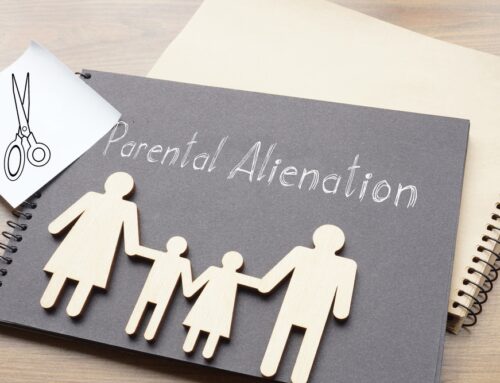In 2020, there were 103,592 divorces in England and Wales, which is down around 4% from the previous year. However, for families with children who go through this potentially upsetting time, joint custody is something that is usually addressed.
In most cases, joint custody is introduced ensuring that both parents get an equal amount of legal authority to make decisions for their child. In the UK, the term ‘custody’ is outdated and has been replaced by Child Arrangements Orders.
These state who a child lives with, where their main residency is when they will have contact with another parent, and how the child is financially supported. If these points are agreed on, they you can usually avoid going to court hearings.
What is joint custody?
Joint custody colloquially refers to two separated parties both having responsibility for a child or children and usually shared residency. Essentially, this would mean that both parties (usually separating parents) have parental responsibility for the child, and the child splits their time between both homes (although this time does not necessarily have to be equal).
How Is Joint Custody Decided?
When deciding on the content of a Child Arrangements Order, the best interests of the child are at the centre of all decisions. In very basic terms, the following factors are considered:
- The wishes and feelings of the child
- The child’s emotional, physical and educational needs
- Whether the child has suffered any abuse or neglect, or is in danger of doing so
- The ability of the parents or guardians to meet the child’s needs
- The effects on the child of any changes in circumstances as a result of the order (for example, changing school or moving away from friends)
These are all important factors in figuring out what type of arrangement you should have. There are various settlements that can be decided including 50/50 schedules with alternating weekends, or 70/30 schedules.
When Is A Child Arrangements Order Necessary?
Often, divorcing or separating parents can come to an agreement through mediation about where a child will live and how they will split their time between both parties without requiring a Child Arrangements Order.
If you both agree, you can write a Parenting Plan and a solicitor can help you to make it legally binding. It will include: where the child will live, how much time they will spend with each parent, and how each parent will financially support the child. If you do this, you can avoid going to court. Child maintenance can also be agreed on at the same time, or separately.
However, in some cases, it is not possible to come to an agreement without attending court. This might happen if, for example, you would like your child to spend equal time with you but your ex-partner disagrees. Although, you must show you have attended a meeting, to see whether mediation could work for your circumstances before you apply to a court.
In these circumstances, you can apply to the court for a Child Arrangements Order which will set out where your child lives, when your child spends time with each parent and when and what other types of contact take place. This order is legally binding and anyone with parental responsibility can apply for one.
Contact Us
If you’d like to speak with our team of friendly experts regarding joint custody, or any other family law matter, please get in touch. Call us on 01782 662424 or email us at info@beestonshenton.co.uk




